Purchasing electrical cables for your business can be a daunting task. Especially with the multitude of options available in the market. Electrical cables, also known as power wires or cable wires, are crucial components in any electrical system. They serve as the conductors of electricity. Ensure that power efficiently and safely delivers to various parts of a facility or equipment. Whether you are setting up a new industrial facility, upgrading existing wiring, or simply replenishing your inventory. The understanding how to choose the right electrical cables is essential. In this comprehensive guide, we will explore key tips for B2B buyers. Learn how to buy electrical cables effectively. Gain insights into different types of electrical wires. Understand their various applications in different settings. Consider important factors during the purchasing process.
Electrical cables are bundles of wires used to transmit electrical power from one point to another. These cables have conductors enclosed in insulating materials to prevent electrical leakage and ensure safety. They come in various types, each designed for specific applications and environments.
Some of the types of electric cables are mentioned below:
Power cables are used for the transmission and distribution of electrical power. Power distribution networks, substations, and industrial plants typically install these cables. These cables handle high voltage levels and withstand harsh environmental conditions.
Control cables are used to transmit signals and control functions in electrical systems. Automation systems, machinery, and equipment commonly use them to carry control signals, data, and instrumentation signals.
Communication cables are used for transmitting data and voice signals. These cables include coaxial cables, fiber optic cables, and twisted pair cables. Each type serves different purposes in telecommunications. They also support various functions in networking.
Instrumentation cables are used to connect instruments and control systems in industrial environments. They design these systems to resist interference and ensure accurate signal transmission.
Flexible cables are used in applications where the cable needs to be bent or moved frequently. They commonly use them in portable equipment, robotics, and machinery that require constant movement.
The main components of electric cables are mentioned below:
Conductors are the core component of electrical cables, responsible for carrying electrical current. Copper and aluminum are the most common materials used for conductors due to their excellent conductivity.
Insulation is the material that surrounds the conductors, preventing electrical leakage and ensuring safety. Common insulation materials include PVC (polyvinyl chloride), XLPE (cross-linked polyethylene), and rubber.
The sheath is the outermost layer of the cable, providing mechanical protection and additional insulation. It shields the cable from environmental factors such as moisture, chemicals, and physical damage.
Some cables have an additional layer of armor. Manufacturers usually make this armor from steel or aluminum. It protects the cables against mechanical stress. It also guards them from impact. Use armored cables in environments where potential damage may occur.
When buying electrical cables, consider several factors. These factors ensure you choose the right product. Select cables that meet your specific needs. Here are some easy tips to guide you through the process:
The first step in purchasing electrical cables is to identify your specific requirements. Consider the following questions:
By clearly defining your requirements, you can narrow down your options and choose a cable that meets your needs.
Based on your requirements, select the appropriate type of cable. If you need to transmit high-voltage power, use a suitable power cable. The cable should have high-voltage insulation. It must also have a conductor size appropriate for the task. You might require a control cable with appropriate shielding and flexibility for control signals. Ensure that the cable type matches the specific application and environment.
The choice of conductor material is crucial for the performance and cost of the cable. Copper and aluminum are the most common conductor materials. Copper exhibits excellent conductivity and flexibility, making it suitable for most applications. Aluminum, on the other hand, is lighter and more cost-effective but has lower conductivity. Choose the conductor material that best suits your application's requirements and budget.
Ensure that the cables you purchase comply with relevant industry standards and regulations. IEC standards provide guidelines for cable design. ANSI standards focus on cable performance. ISO standards ensure cable safety. These standards guide cable design, performance, and safety. Compliance with these standards ensures that the cables meet quality and safety requirements.
For applications that require frequent movement or bending of the cable, flexibility is an important consideration. Engineers design flexible cables to withstand repeated bending without damage. Additionally, consider the ease of installation, especially for complex or large-scale projects. Cables have features like easy stripability and pre-lubrication. They also include clear markings. These features can simplify the installation process. They can reduce labor costs.
Selecting a reputable supplier is crucial for ensuring the quality and reliability of the cables. Look for suppliers with a proven track record, positive customer reviews, and a wide range of products. A reliable supplier should provide detailed product information, technical support, and after-sales service. Additionally, consider the supplier's ability to meet your delivery requirements and provide timely support.
Understanding the various applications of electrical cables can help you make informed purchasing decisions. Here are some common applications:
Electrical cables are widely used in industrial and manufacturing facilities to power machinery, equipment, and lighting systems. Industries commonly use power cables, control cables, and instrumentation cables to ensure reliable operation and control of processes.
In commercial buildings, electrical cables are used for power distribution, lighting, HVAC (heating, ventilation, and air conditioning) systems, and communication networks. High-quality cables ensure the safety and efficiency of electrical installations in offices, shopping centers, and other commercial establishments.
Telecommunications and data centers rely on specialized communication cables to transmit data and voice signals. Fiber optic cables, coaxial cables, and twisted pair cables ensure high-speed and reliable communication.
Renewable energy projects require durable electrical cables. Solar and wind farms need high-performance cables. These cables connect power generation equipment to the grid. These cables must withstand harsh environmental conditions and ensure efficient power transmission.
The automotive and transportation industries use electrical cables for wiring vehicles, trains, and aircraft. These cables handle high temperatures, vibrations, and other challenging conditions. Ensuring the use of reliable cables is essential for the safety and performance of transportation systems.
Buying electrical cables for your business is a critical decision that requires careful consideration of various factors. Understanding electrical cables helps you make informed choices. Know their components and key considerations. This knowledge ensures efficiency, safety, and reliability in your electrical systems. You may need power cables for industrial facilities. You might need communication cables for data centers. Flexible cables are necessary for machinery. Follow the tips in this guide. They will help you navigate the purchasing process with confidence.
Selecting the right supplier for electrical cables is crucial. It ensures the efficiency of your electrical systems. It also ensures the safety of your electrical systems. Additionally, it ensures the longevity of your electrical systems. At eINDUSTRIFY, we offer a comprehensive range of electrical cables. Our cables are top-quality and designed for various industries. They meet the diverse needs of different industries. We craft our products with precision and adhere to the highest industry standards, ensuring reliability and performance. By partnering with eINDUSTRIFY, you gain access to our technical expertise. You also receive exceptional customer service. We commit to delivering solutions tailored to your specific requirements.
Trust us to provide the electrical cables that power your success and drive your business forward. Explore our product range today and experience the difference that quality and expertise can make. Reach us by email at info@eindustrify.com. You can call us at +1 (888) 774 7632 or register for access to a premium global marketplace.
Q 1. What are the key factors to consider when buying electrical cables for my business?
When purchasing electrical cables, consider the cable type, voltage rating, current capacity, and installation environment. Other factors include the material (copper or aluminum), insulation type, and compliance with industry standards.
Q 2. How do I choose the right electrical cable for industrial applications?
The right cable depends on the specific needs of your industrial application, such as the operating temperature, voltage requirements, and exposure to chemicals or moisture.
Q 3. What are the different types of electrical cables available for B2B buyers?
Common electrical cables include power cables, control cables, coaxial cables, and fiber optic cables. Each serves distinct purposes, so it's important to understand your application needs.
Q 4. How can I ensure that the electrical cables I buy are compliant with safety regulations?
To ensure compliance, verify that the cables meet relevant safety standards such as IEC, NEC, or UL certifications. Ask suppliers for documentation on the quality and safety of the cables.
Q 5. Are there cost-effective solutions for bulk electrical cable purchases?
Yes, many suppliers offer bulk discounts for large purchases. You can also explore options like custom-made cables that fit your specific needs to avoid overpaying for unnecessary features.
Tags: Electrical Wires Electrical Cables Power Wires Electrical Conductors Cable Wires Wire Cables
RECENT POSTS:
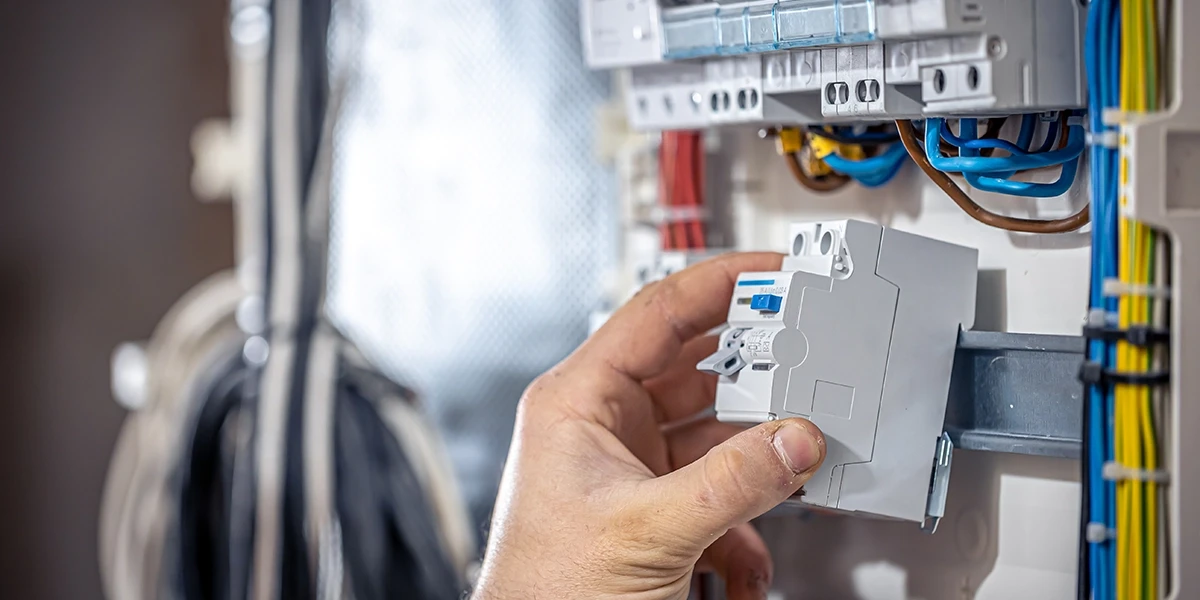
How Industrial Circuit Breakers Are Critical for Power Generation Safety
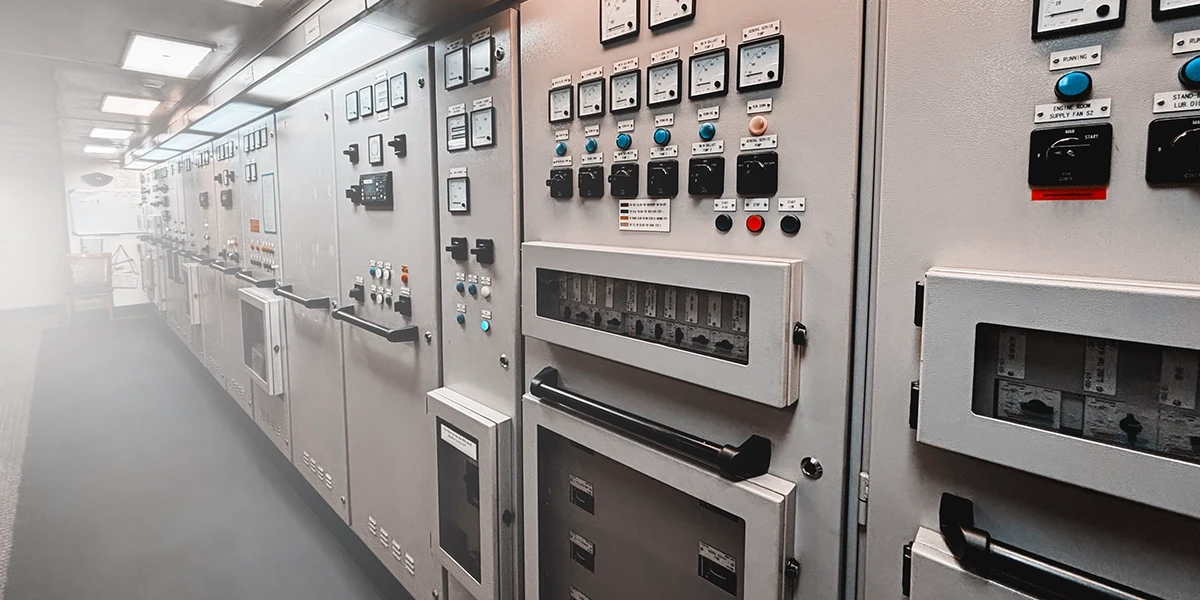
Essential Power Distribution Panels for Optimizing Your Industrial Setup
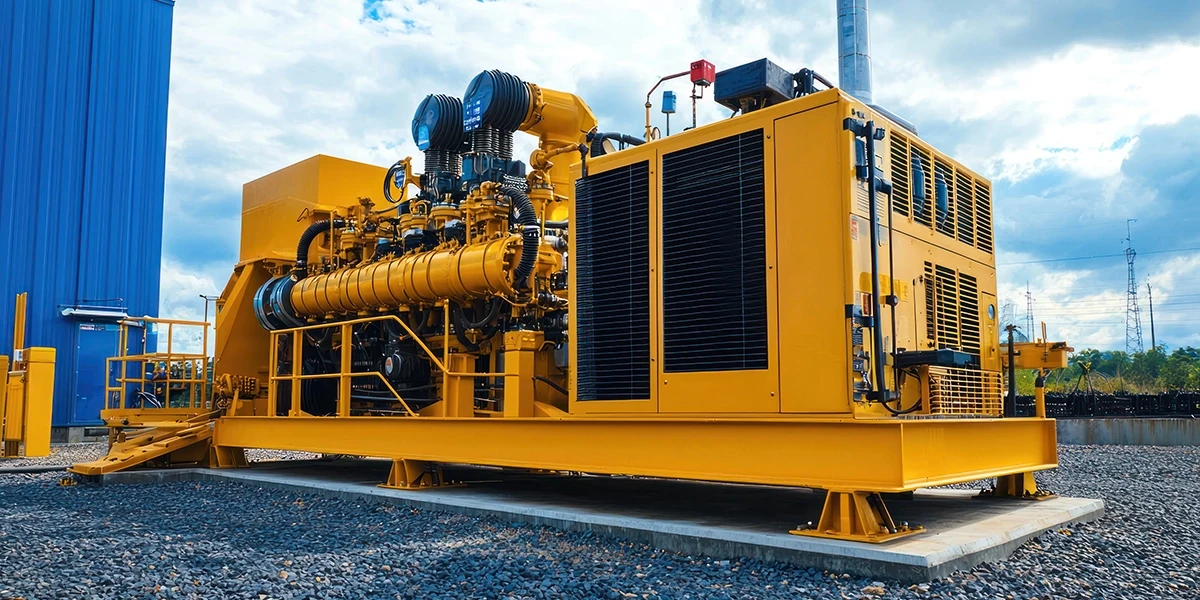
Top 5 Generator Protection Devices for Reliable Power Generation

How to Choose the Right Industrial Air Compressor for Your Facility

Choosing the Right Global Power Transmission Equipment
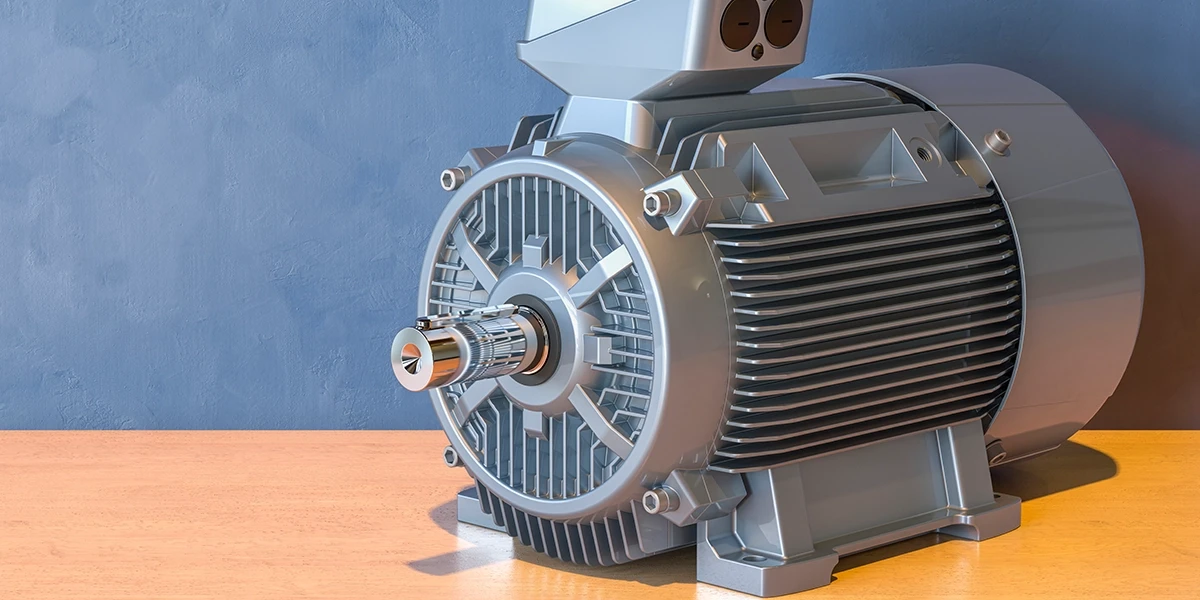
Top DC Motors for Industrial Automation
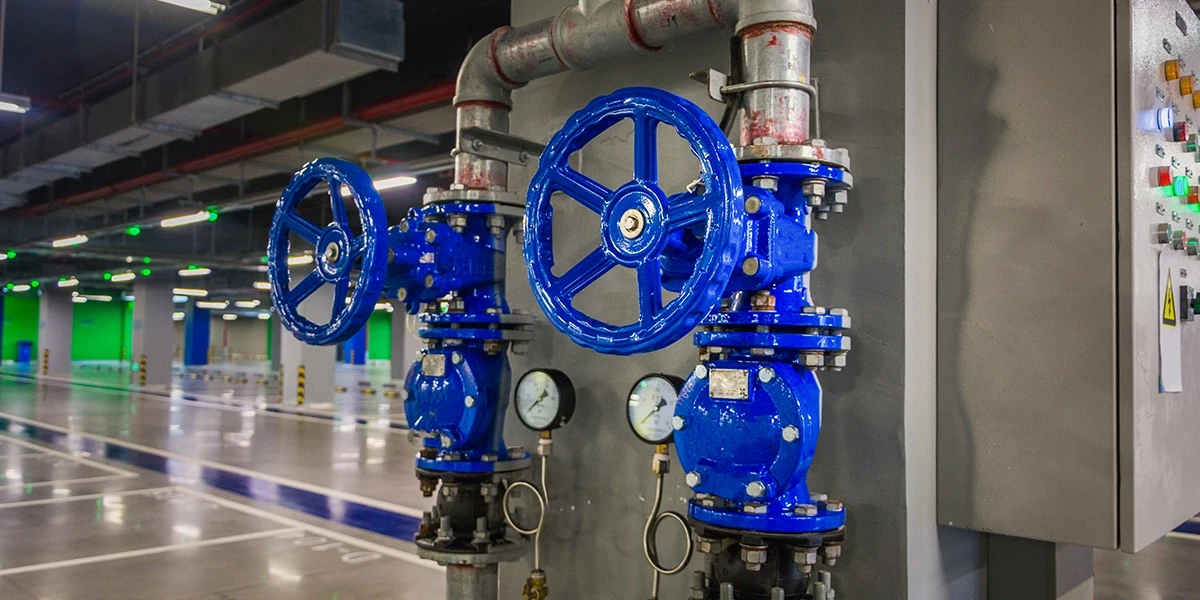
How to Select the Right Control Valves for Your System
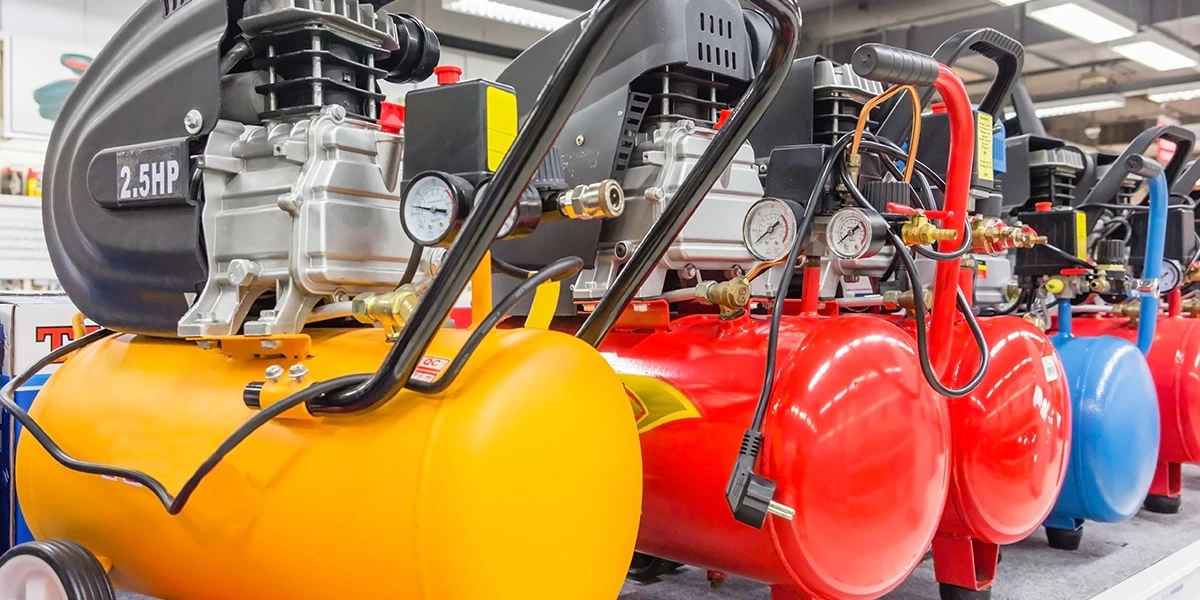
Air Compressors for Sale: Compare Models, Brands, Features